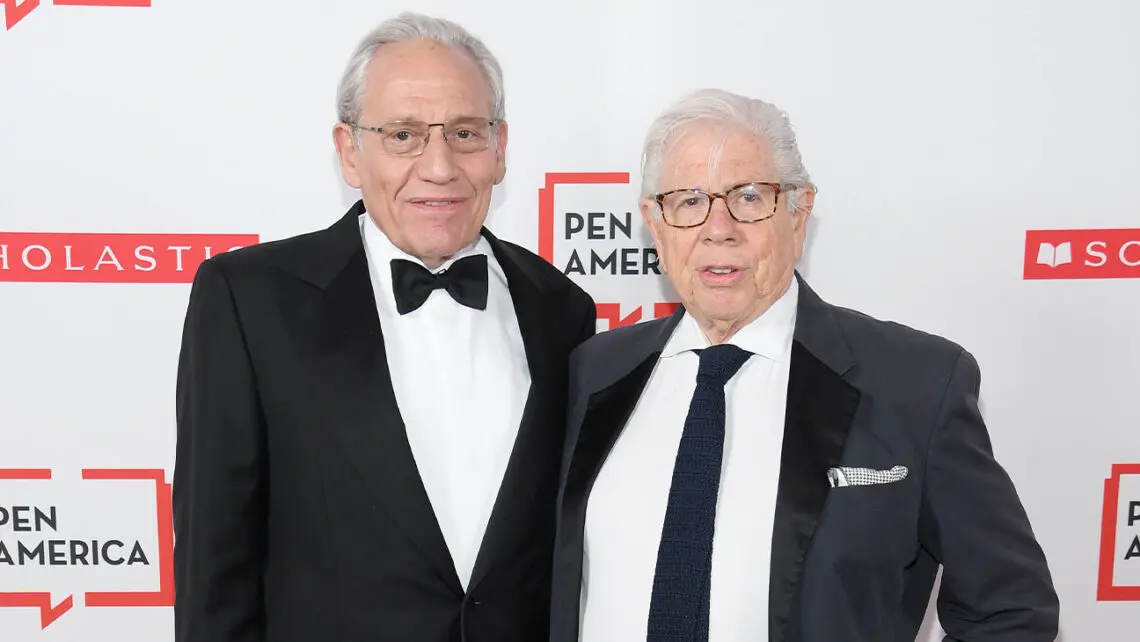Controversy over media neutrality in the 2024 presidential election
Veteran journalists react to editorial policy shift
The recent decision by The Washington Post to halt its endorsements for presidential candidates has stirred significant controversy. The renowned journalists voiced their surprise and disappointment via social media, critiquing the publication’s abrupt about-face well within the 2024 electoral cycle.
A return to old policies
In a move that echoes its past practices, The Washington Post announced it would abstain from endorsing any candidate, marking a significant departure from its 1988 decision. This policy shift aims to preserve the perceived impartiality of the editorial page, letting readers independently determine which candidates they support.
Investing in rigorous journalism
The news organization, under its current ownership, has invested significantly in investigative journalism. The comprehensive reporting has provided robust evidence of the potential dangers posed by another term for a controversial candidate. This background of meticulous reporting fuels the criticism and astonishment at the decision to remain neutral given the substantial journalistic resources committed to scrutinizing the electoral candidates.
Editorial independence vs. responsibility
In an internal memo, the publication’s CEO noted, “The Washington Post will not endorse any presidential candidate not only in this election but moving forward.” The memo emphasized a return to the core values of journalistic independence and the importance of allowing readers to make their informed decisions regarding who to vote for in what is described as “the most consequential of American decisions.”
Public trust and media neutrality
The approach aims to fend off any preconceived interpretations that endorsement abstinence could be perceived as an implicit endorsement of one candidate or a denunciation of another. Instead, it reaffirms the publication’s longstanding principles of valorizing the rule of law and human freedoms, thus realigning the journalistic approach with the essence of democratic values.
Context and implications
This policy shift comes at a critical time, just days before the election, making it even more controversial. The discussion about media roles, particularly in endorsing political candidates, continues to be a hot-button issue. The press’s responsibility in shaping public opinion and sustaining democratic dialogue is immense, and decisions like these trigger widespread debate regarding editorial practices’ implications on democratic processes.
The broader media landscape
This development is emblematic of a broader trend within the media landscape, where many news organizations grapple with maintaining their traditional roles amid evolving journalist expectations. The decision by one of the most influential media entities to refrain from presidential endorsements reflects this ongoing tension between journalistic independence and public accountability.
The implications of such a shift are multifaceted, influencing public perception, media credibility, and the future reportage trajectory within the political domain. As news organizations continue navigating these changes, the evolving role of endorsements and editorial policies in shaping the democratic process remains a critical area for ongoing reflection and robust discussion.
For more insights and updates on the latest shifts in the media landscape and their ramifications, stay tuned to our platform and engage in the evolving conversation on our social media channels.

 Italian
Italian







